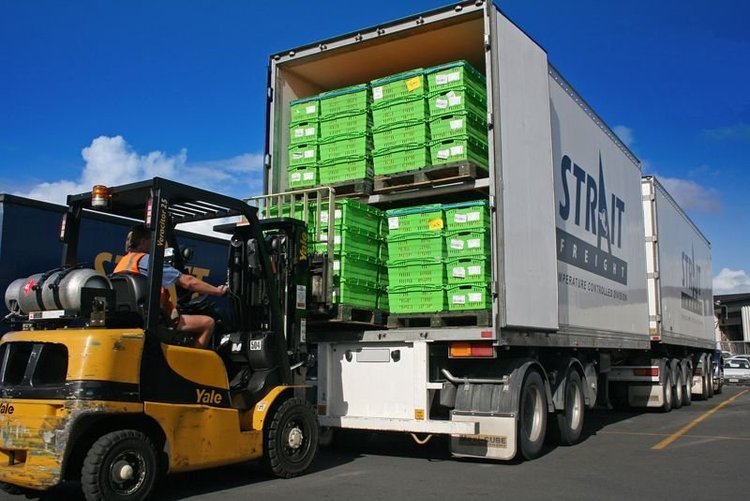Reducing empty miles
Empty miles, or deadhead miles, describes the situation when a truck is “carrying air”. It could be a truck returning to base empty after delivering its cargo, or it might be a truck delivering a few pallets and a lot of empty space . It could be a short trip across town, or it might be hundreds of kilometres across the country. Either way, empty miles have a negative impact on the truck owner, the economy, and the environment.
The cost of running an empty truck is money the truck owner will struggle to recoup – truck wear and tear, fuel consumption, and unpaid time that could otherwise be spent generating revenue. The impact of empty miles is far-reaching – more trucks causes additional wear on the roads, putting increased pressure and cost for maintaining infrastructure. And, the even bigger impact empty miles has on the environment. Research in the US has shown that empty miles account for over a third of CO2 emissions in trucking.
There are a number of ways trucking companies can reduce their empty miles, and could even turn them into revenue-generating opportunities:
Collaborate with other companies for freighting opportunities, i.e. fill the truck on the return journey
Load consolidation or sharing throughout the supply chain, where collaboration with other companies to consolidate partial loads, thereby increasing the payload, resulting in reduced transport costs and fewer trucks on the road.
Optimising unit load is critical for reducing empty miles. Maximising the load of a single truck rather than two partially filled trucks will have a significant impact on transport costs and on the environment. Consider the majority of trucks are carrying pallets, and a sizeable percentage of these are only partially loaded carrying a single layer of pallets. Why? Items are fragile and likely will be damaged with another pallet stacked on top; one truck is for chilled goods and another is for ambient; there is no docking bay to get a forklift into the truck to double stack.
Maxiloda’s double-stacking pallet systems enables you to increase your load without putting additional trucks on the road. The Maxiloda Glide’s innovative rolling trolley system allows loading with a forklift from ground level, eliminating the need for a docking bay. The second tier of pallets are held securely in place ensuring there is no damage to product, and the system can be set up to carry mixed loads of ambient, chilled and frozen product.
Get in touch if you’d like to find out how Maxiloda can help your fleet carry more, and tread lightly on the planet.

